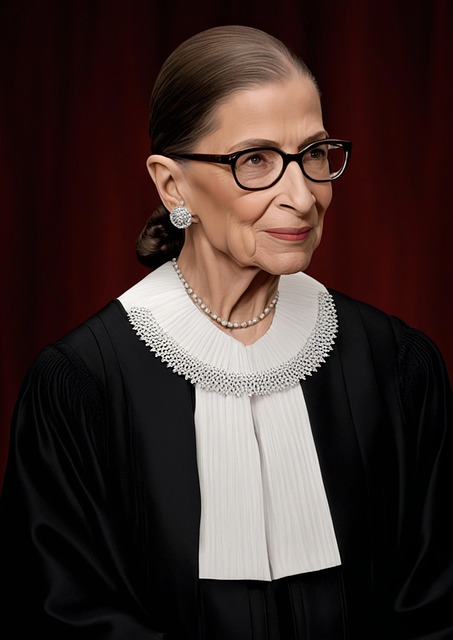Consumer protection laws are crucial for holding businesses accountable, but jury selection in related lawsuits poses significant challenges. Complex financial issues and emotional consumer experiences create biases, making it difficult to find impartial jurors. Attorneys must strategically select a jury with strong financial literacy and an understanding of consumer rights to overcome these hurdles and present compelling cases against powerful corporations. Effective jury selection addresses the core challenges faced during this critical phase of consumer protection suits.
Consumer protection suits play a vital role in safeguarding individuals from unfair business practices, ensuring businesses uphold ethical standards. This article delves into the intricacies of consumer protection laws and their purpose, exploring the complexities of jury selection in such cases. We discuss strategies to navigate the challenges faced during trial preparation, offering insights for legal professionals to effectively represent consumers and secure justice. Understanding these dynamics is crucial for both plaintiffs and defendants navigating the legal landscape of consumer protection suits.
- Understanding Consumer Protection Laws and Their Purpose
- The Complexities of Jury Selection in Protection Suits
- Strategies for Overcoming Challenges During Trial Preparation
Understanding Consumer Protection Laws and Their Purpose

Consumer protection laws are designed to safeguard individuals from unfair, deceptive, or harmful practices in their daily transactions with businesses. These laws aim to ensure transparency, fairness, and accountability in the marketplace, thereby fostering trust among consumers. Understanding these regulations is paramount for both businesses operating within these frameworks and for consumers seeking recourse when faced with adverse outcomes. Consumer protection suits play a pivotal role in upholding these laws by providing legal avenues for individuals to seek justice when their rights are violated.
While these lawsuits serve a noble purpose, they also present unique challenges during jury selection. Potential jurors must possess a nuanced understanding of consumer rights and the specific legal arguments involved in such cases. This process can be complicated by the fact that consumers often face an emotional burden, making it crucial for attorneys to carefully screen and select individuals who can objectively evaluate the evidence. Moreover, with the rise of complex white-collar and economic crimes, ensuring a jury’s impartiality becomes even more critical, especially when considering the broader implications on philanthropic and political communities that these cases may have.
The Complexities of Jury Selection in Protection Suits

Jury selection in consumer protection suits presents unique challenges that differ from traditional legal cases. One of the primary complexities arises from the fact that these cases often involve intricate financial and factual issues, requiring jurors to possess a certain level of financial literacy and attention to detail. This can lead to challenges when finding an impartial jury, as potential biases related to money and consumer experiences may impact their decisions.
Across the country, general criminal defense attorneys frequently encounter difficulties in selecting juries for protection suits. The process becomes more complex when considering the diverse range of consumers with varying levels of understanding about their legal rights. Moreover, these cases often span all stages of the investigative and enforcement process, making it crucial to select jurors who can comprehend and evaluate the evidence effectively.
Strategies for Overcoming Challenges During Trial Preparation

Navigating consumer protection suits can present unique challenges during trial preparation. One significant hurdle is the unprecedented track record of these cases, often pitting individuals against powerful corporations. This asymmetry demands a strategic approach to effectively communicate the plaintiff’s narrative and demonstrate harm.
A key strategy involves meticulous jury selection, addressing the challenges faced during jury selection head-on. Attorneys must carefully curate a jury that understands consumer rights and can set aside any biases or preconceived notions about large corporations. Leveraging a robust general criminal defense strategy, honed across the country, helps in presenting a compelling case while navigating complex legal landscapes and mitigating potential biases.
Consumer protection suits play a vital role in ensuring businesses uphold ethical practices and safeguard consumers’ rights. While these cases aim to protect the vulnerable, they also present unique complexities, particularly during jury selection. Overcoming the challenges faced in this process is crucial for achieving justice. By understanding the intricacies of consumer protection laws and employing effective trial preparation strategies, legal professionals can navigate the complexities of jury selection, ensuring a fair and just outcome for all involved.






